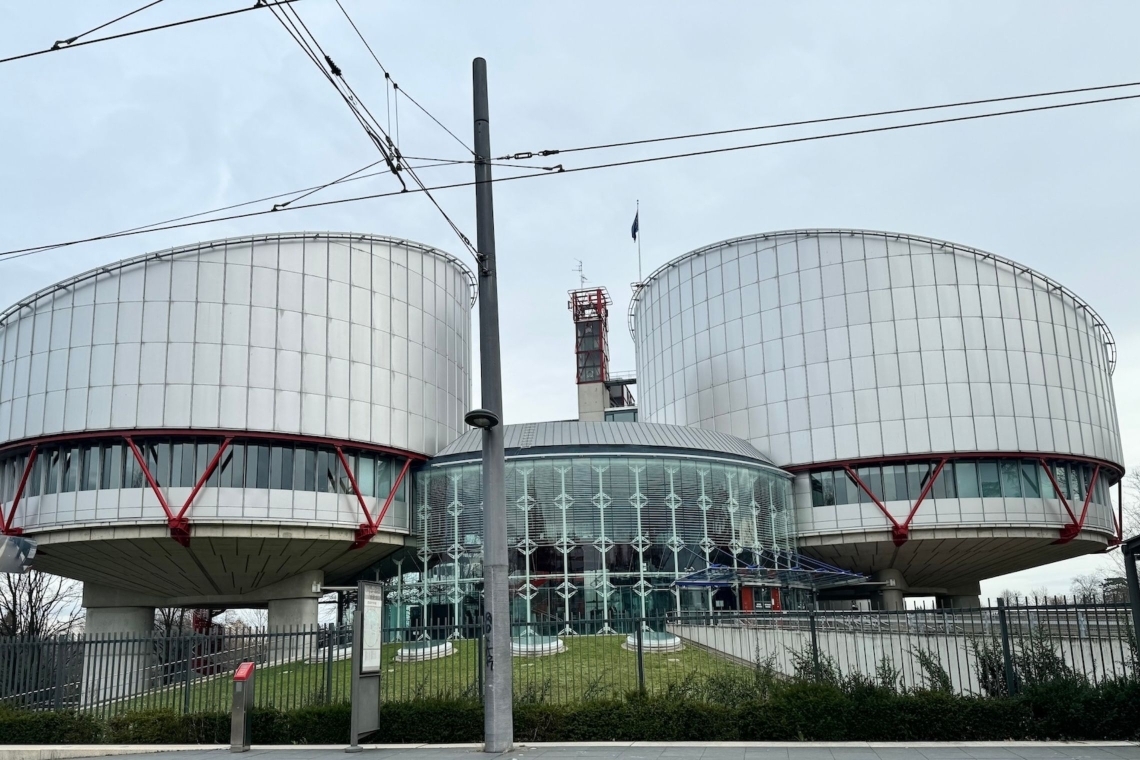By BATIKAN ERKOÇ
STRASBOURG, June 26, 2024 - The European Court of Human Rights (ECHR) ruled on June 18 that Russia's law allowing civil society organizations to be declared "undesirable" and suspended is a violation of freedom of expression and the right to association.
The ruling addresses the 2015 law that effectively bans foreign organizations deemed a threat to national security by designating them as "undesirable."
In the case "Andrey Rylkov Foundation and others v. Russia," the Court found that the "undesirable organizations" law is unpredictable and lacks the necessary criteria for determining when an organization can be deemed undesirable.
Kirill Koroteev, an attorney for two applicants, commented on the ruling, noting that while it is a narrowly scoped yet appropriate decision, the Court avoided making a broad judgment. Instead, it ruled that routine human rights activities cannot be considered a national security threat.
Since the law came into effect, 170 organizations have been labeled "undesirable" and forced to suspend their activities in Russia.
In 2017, the Moscow-based Andrey Rylkov Foundation was penalized under this law for citing content from the Open Society Institute, which had been declared undesirable in Russia, in its research papers.
Koroteev expressed skepticism about the impact of the ruling, stating, "The decision will have no effect. The problem is that the Council of Europe remains a passive spectator to Russia's serious violations of its obligations under the Convention."
Russia withdrew from the Council of Europe on March 15, 2022, but under Article 58 of the European Convention on Human Rights, the ECHR continues to handle cases relating to violations that occurred before this date.



